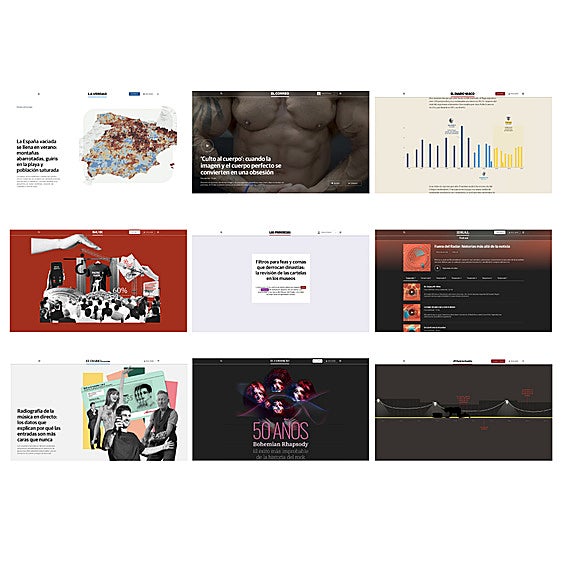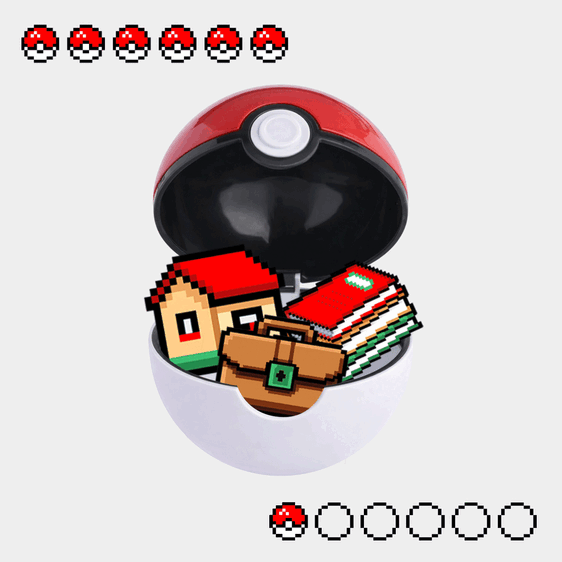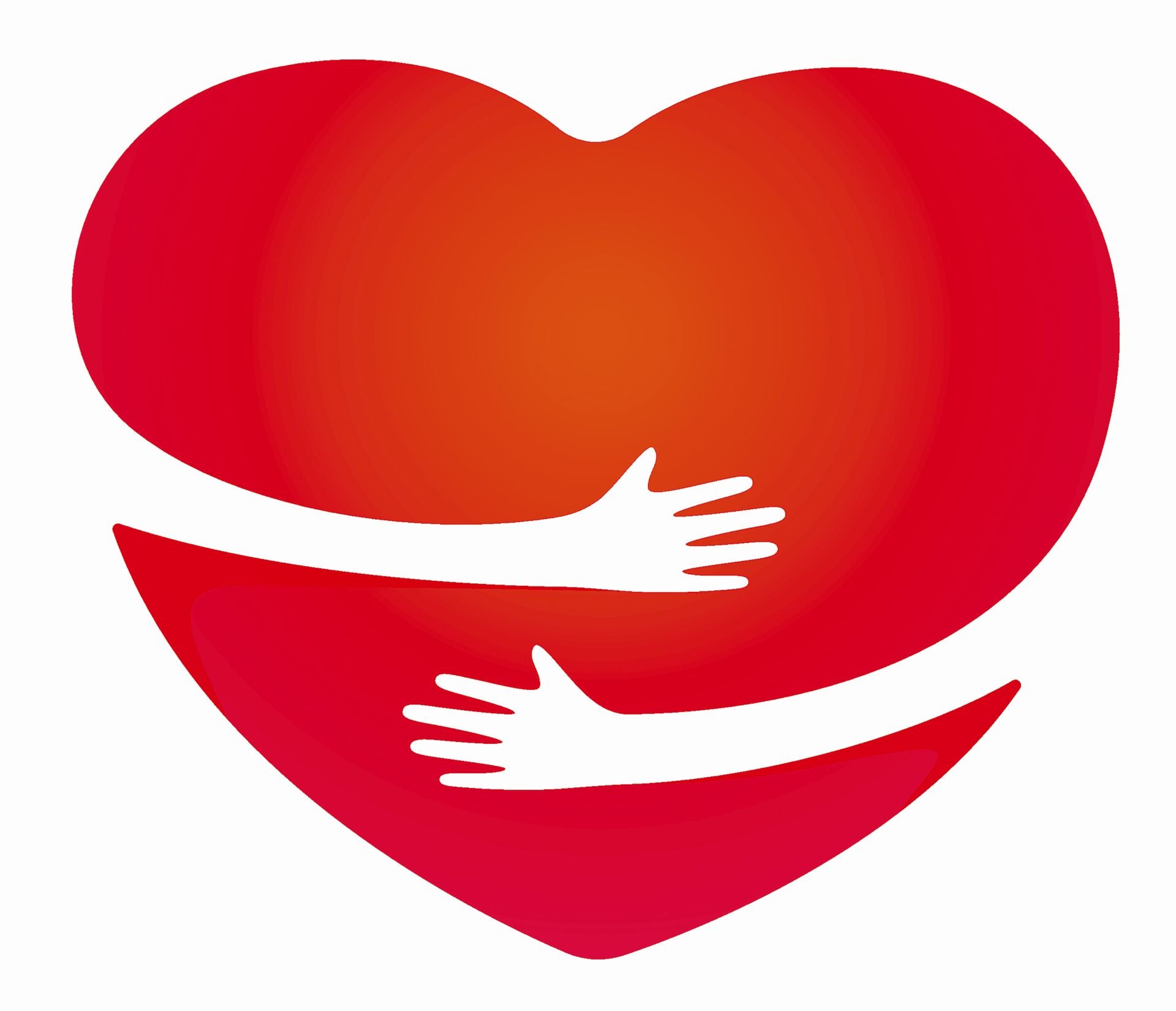The power of physical contact
A hug, a caress or even wrapping up in a blanket have proven benefits for our health
Jon Garay
Friday, 14 February 2025, 09:22
No touching, why are you touching me?,” Amador Rivas, a character from the Spanish TV series La Que Se Avecina, asks with a straight face every time someone touches him for whatever reason. You may find it strange to start an article on scientific research by mentioning a character from a popular TV series but you will soon see that it makes sense.
This is because science has long shown that physical contact is beneficial to health, both physical and mental. A hug, a massage, a cuddle, these all help adults to reduce anxiety or see an improvement when they are depressed.
Babies are known to gain weight, for example, when regularly touched. Surprisingly, it can even be a robot that touches us. In addition, a thick blanket can be useful, the one that gives us warmth and snuggles us until we fall asleep.
This has all been confirmed by researchers from The Netherlands Institute for Neuroscience and Essen University Hospital in Germany in a paper published in the online journal Nature HumanBehaviour.
The work involved a critical review of over 200 studies on the topic involving almost 13,000 subjects. To date there had been research indicating that this was the case, but it was sometimes contradictory. In this meta-analysis - in science such results are usually considered to be more robust than those of a single piece of research - they have found that “tactile interventions are beneficial to the physical and mental health of both healthy and sick people of all ages. It is a serious study with high scientific impact,” says Carlos Matute, president of the Spanish society of neuroscience (SENC).
The benefits are many. “In adults, they reduce pain, feelings of depression and anxiety,” states the article. There are also benefits, albeit minor, for sleep, heart rate and blood pressure. In newborns, as previously mentioned, they increase in weight “and regulate cortisol levels,” the ‘stress hormone’.
What if it’s a robot that touches us?
“No health benefits were found in adults when comparing touch applied by a person known to them or a health professional,” say the study’s authors. It’s different, however, with babies. In their case, the best thing is to have physical contact with their parents. What if we just get a cold machine? Well yes, it may be cold, but at least from the point of view of physical benefits it makes no difference, according to these researchers.
This can have a good side. “There are many people who need improvements in their well-being, perhaps because they feel lonely but also because they may be affected by clinical conditions. These results indicate that a tactile robot, or even just a heavy blanket, has the potential to help such people.”
It’s another matter altogether for mental well-being. Here, human contact is better: “Mental health disorders such as anxiety or depression may require human contact, perhaps suggesting the importance of an emotional component associated with touch.”
What about animals? There are animal therapies that use dogs, horses and even dolphins, but in this case there is no clear conclusion due to a lack of research.
“It would be useful to see whether contact with an animal or a pet could improve their well-being and, conversely, whether they also benefit from it but, unfortunately, there are simply not enough studies, nor adequately controlled ones, for us to draw general conclusions on these aspects.”
Better on the face than on the arm or the torso
The best touch, cuddle or massage to receive is on the face and head in general, much better than on the torso or arms. As for frequency, better a brief hug on a frequent basis than a comforting, but sporadic, massage.
“More sessions were positively associated with improved outcomes for conditions such as depression and anxiety, but also with reduced pain in adults. In contrast to the number of sessions, increasing the duration of sessions - the average of all the cases studied was 20 minutes - did not improve health effects. In fact, we found some evidence of negative relationships in adults between cortisol and blood pressure.”
In short, the TV character Amador should take note: “receiving some touch is vitally important. Touch can be used systematically across the population to preserve and improve our health.”



